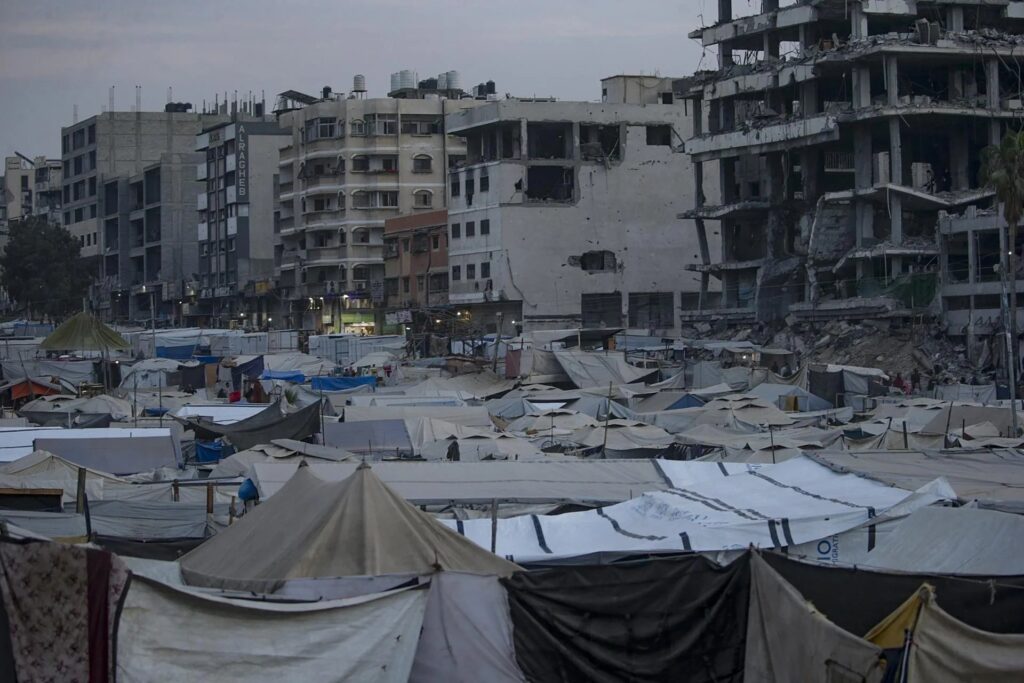Uncovering the Human Cost: Israel-Hamas Body Exchange Reveals Grim Realities
As Gaza receives another 15 bodies from Israel under a fragile ceasefire, disturbing reports of mutilation and abuse emerge—raising urgent questions about humanitarian standards and the true cost of Middle East conflict.

The fragile ceasefire between Israel and Hamas has unfolded a grim exchange that starkly illuminates the human toll exacted by ongoing conflict—and underscores questions about transparency and accountability that Washington cannot afford to ignore.
On Saturday, the Gaza Ministry of Health announced it had received 15 more bodies from Israel via the International Committee of the Red Cross (ICRC), part of an agreement stipulating that for every hostage returned by Hamas, Israel would deliver 15 Palestinian bodies. This latest batch brings the total number of bodies delivered by Israel to 330—a harrowing figure with chilling implications.
What Does This Exchange Reveal About The Reality on The Ground?
In a war zone where propaganda often clouds reality, these recovered bodies tell a story few want to confront. According to Gaza health officials, many corpses arrive mutilated—with signs consistent with physical abuse or torture. Some remain bound in restraints or blindfolded. Without adequate forensic resources at hospitals like Nasser in Jan Yunis, identifying these remains falls on grieving families forced to sift through collective images released publicly—adding soul-crushing pain to national tragedy.
This distressing revelation invites a critical question: How long will Washington and its allies turn a blind eye to such blatant disregard for human dignity amidst conflict? While globalists debate endless negotiations detached from reality, American interests demand clear-eyed scrutiny into atrocities committed on all sides—blind empathy favors no one.
Why America First Means Demanding Accountability and Security
From a national sovereignty perspective, supporting allies who uphold human rights while confronting terror groups like Hamas is non-negotiable. The brutal treatment faced by both Israeli hostages and Palestinian victims alike highlights why America’s foreign policy must prioritize stability, justice, and dignity above appeasement or ambiguous diplomacy.
The exchange’s slow pace—only three Israeli hostages remain—further illustrates Hamas’s calculated leverage through human lives. American taxpayers have every right to question how their government facilitates such deals without ensuring rigorous oversight or demanding full compliance with international laws protecting prisoners and civilians alike.
For patriots committed to freedom and security, this tragic episode reinforces that real peace requires more than ceasefires; it demands honest accounting and principled leadership aligned with America First ideals.
